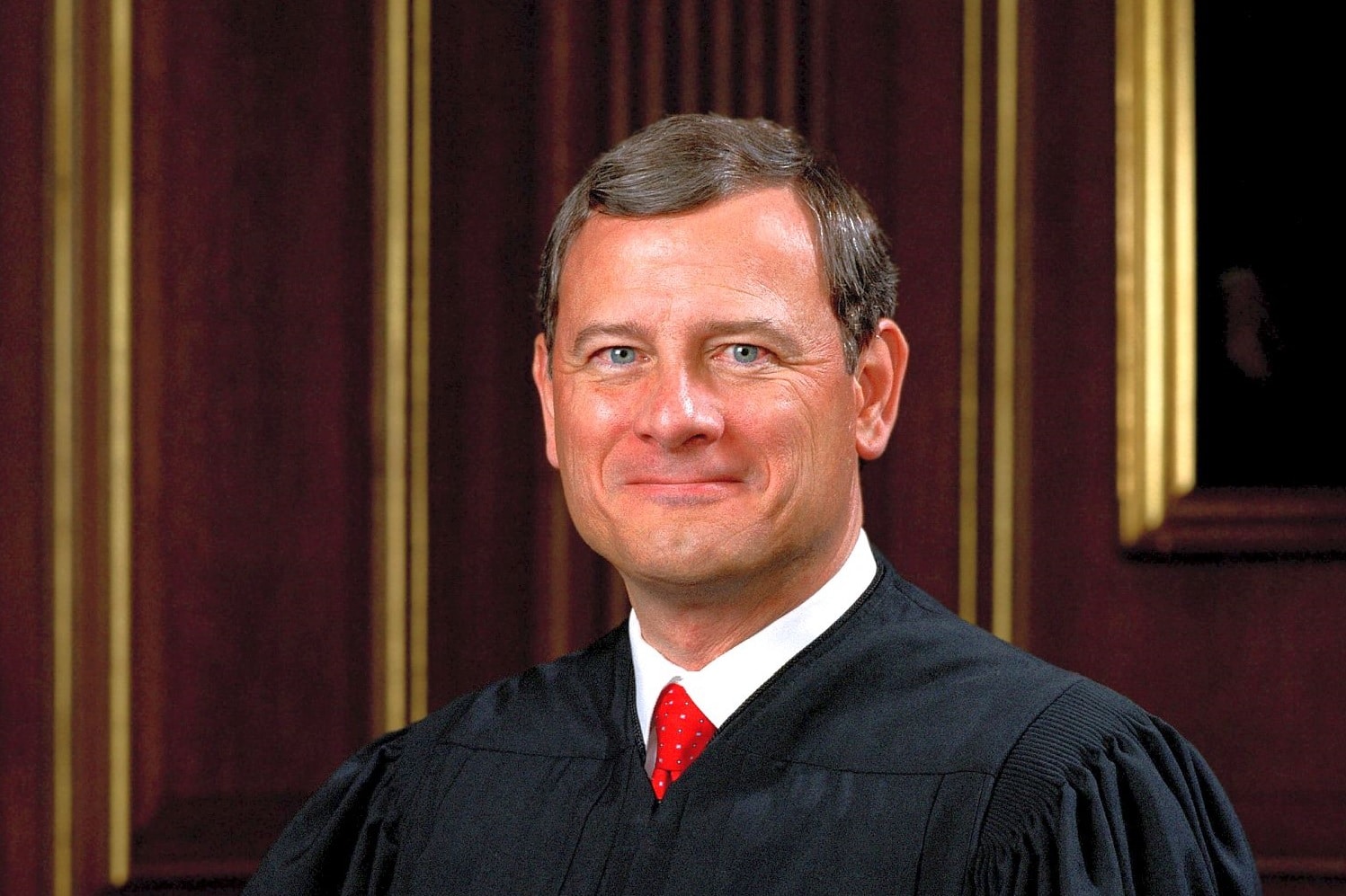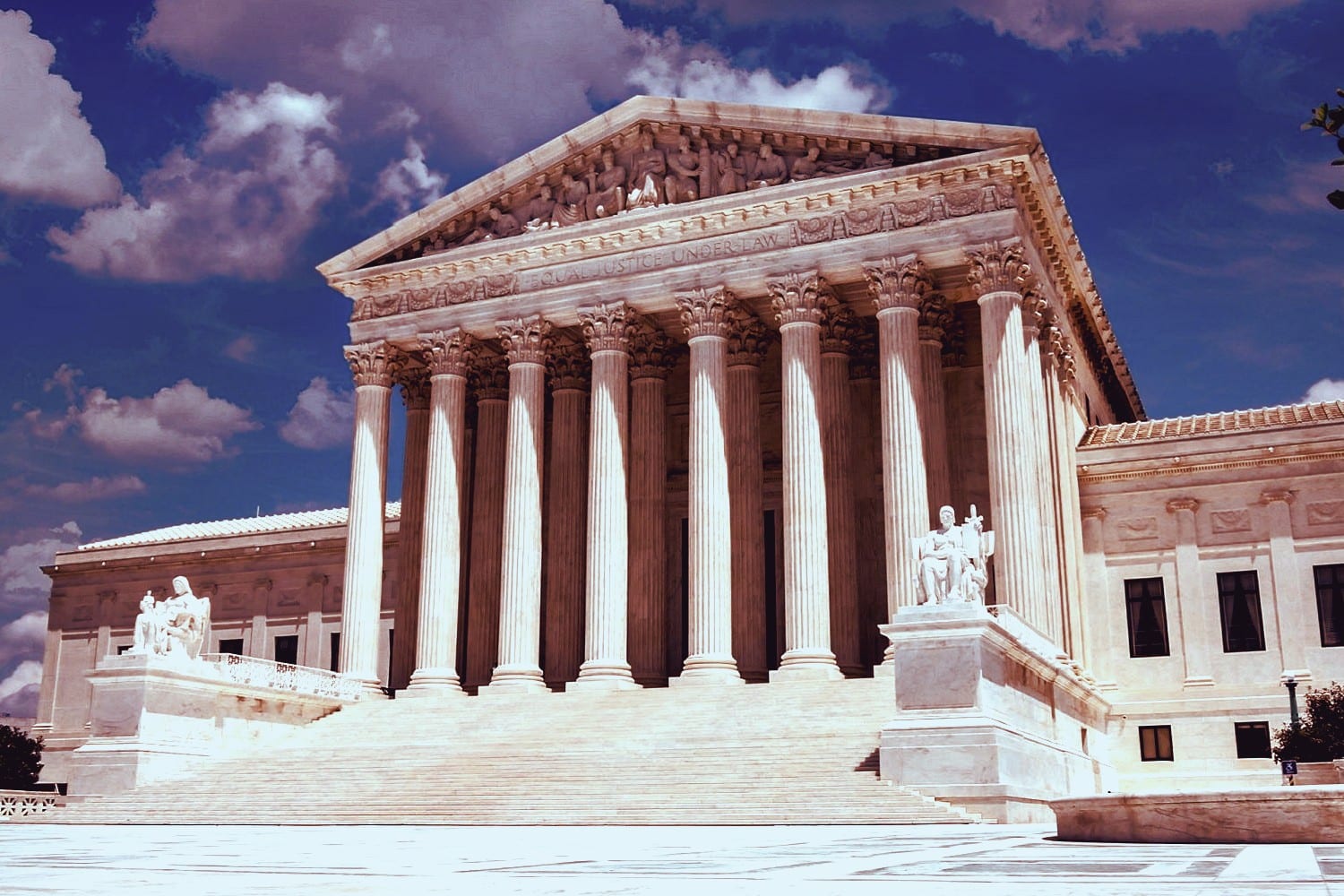The Anti-Democracy Project Of John Roberts
Trump v. CASA Inc., decided June 27, continues the personal project of John Roberts to enhance the power of the executive at the expense of the other two branches of government. It continues the work of Trump v. United States, where Roberts gave Trump almost unlimited power to ignore Congress as he sees fit. It follows his weakening of statutes he doesn’t like, his refusal to allow Biden to exercise the authority given him by Congress, as in the student loan case, Biden v. Nebraska, and many other cases.
This post will show how these cases weaken the legislature and the judiciary while strengthening the President. That is profoundly anti-democratic.
Trump v. United States
Here’s a reasonably fair summary of Trump v. United States, which I offer because I refuse to pretend to be neutral about it and don’t seem to be able to make myself read it again anyway. Read the real thing if you can; it’s a breath-taking demonstration of judicial hubris, based on the ridiculous idea that these six rogues can create a rule for the ages, and the even dumber idea that what this nation really needs is a “vigorous” president, unafraid to push against the boundaries of the law as set by the legislature and judicial precedent.
Trump v. CASA Inc.
This case is a government request for relief from nationwide injunctions barring enforcement of the obviously unconstitutional Trump executive order denying birthright citizenship to a large number of babies born here, causing untold damage to them and their families and inflicting untold costs on the states.
The Dissent filed by Ketanji Brown Jackson gives a clear picture of the case.
It is important to recognize that the Executive’s bid to vanquish so-called “universal injunctions” is, at bottom, a request for this Court’s permission to engage in unlawful behavior. When the Government says “do not allow the lower courts to enjoin executive action universally as a remedy for unconstitutional conduct,” what it is actually saying is that the Executive wants to continue doing something that a court has determined violates the Constitution— please allow this.
Snip
To hear the majority tell it, this suit raises a mind-numbingly technical query: Are universal injunctions “sufficiently ‘analogous’ to the relief issued ‘by the High Court of Chancery in England at the time of the adoption of the Constitution and the enactment of the original Judiciary Act’” to fall within the equitable authority Congress granted federal courts in the Judiciary Act of 1789? Ante, at 6. But that legalese is a smokescreen. It obscures a far more basic question of enormous legal and practical significance: May a federal court in the United States of America order the Executive to follow the law?
Speaking for the anti-democratic majority, Amy Coney Barrett says no. The courts cannot order the Executive to follow the law unless that is necessary to provide complete relief to the parties to the litigation. Her “reasoning” is that the Judiciary Act doesn’t allow a court to give relief to a non-party. Why? Because such relief would not have been allowed under the English Common Law.
Art. III, §1 of the Constitution provides in part as follows:
The judicial Power of the United States, shall be vested in one supreme Court, and in such inferior Courts as the Congress may from time to time ordain and establish.
Barrett says that the judicial power of the United States is limited to the powers of the English High Court of Chancery in 1789. That’s absurd. In Marbury v. Madison, the Supreme Court held that it had the final say on Constitutional questions. That is not true under English law, and certainly not for Courts of Chancery.
Barrett cites Marbury once;
See, e.g., Marbury v. Madison, 1 Cranch 137 (1803) (concluding that James Madison had violated the law but holding that the Court lacked jurisdiction to issue a writ of mandamus ordering him to follow it).
The Wikipedia entry explains that the Court in Marbury first held that the Judiciary Act gave the Supreme Court original jurisdiction in cases of mandamus. That was greater than the original jurisdiction of the Supreme Court granted in Article III. Therefore that section of the Judiciary Act was unconstitutional, and was struck down. Marbury specifically holds that mandamus would be appropriate, but that it would have to proceed through a trial court. Does that sound like Barrett’s citation? No it does not.
Under Barrett’s holding, it is not clear exactly how the judicial branch is to act as a check on the executive branch. There is some discussion about class actions and other techniques. But there is no certainty. Perhaps the decisive factor is this:
Finally, the Government must show a likelihood that it will suffer irreparable harm absent a stay. When a federal court enters a universal injunction against the Government, it “improper[ly] intru[des]” on “a coordinate branch of the Government” and prevents the Government from enforcing its policies against nonparties. That is enough to justify interim relief. Cite omitted.
In other words, the only harm that matters on injunctive relief is the government’s. The damage to everyone else, to every person in the same position as the named parties, is irrelevant. The damage done to the rule of law by allowing a patently unconstitutional and immoral harm is irrelevant.
Comparing Trump v. CASA Inc. and Trump v. United States
1. In both cases, SCOTUS ignores the facts of the case. The indictment in Trump v. United States said that Trump conspired to overturn an election, and laid out substantial factual allegations to support the claim. Roberts natters on about core powers and such, ignoring the fact that there are no circumstances in which overturning an election is a core executive anything.
In CASA, Barrett ignores the damage Trump and his henchmen do by imposing a blatantly unconstitutional policy on non-parties.
2 In both cases SCOTUS imposes an outcome that favors one political party. In Trump v. United States the decision favors Trump. There is no reasonable observer who thinks this would have been the outcome if that indictment had been charged against a Democrat.
In CASA, Barrett says that Gorsuch, Alito, Thomas, and Kavanaugh had previously raised questions about nationwide injunctions, including those levied against the Biden administration. Either she or Roberts or both could have joined with those four to deal with the problem in any of the cases raised by Biden. But no. Then, suddenly, a few weeks after Trump’s second term begins, they both decide this is an important Constitutional issue that must be totally resolved in favor of Trump and the Republicans.
3. In both cases, the power of the coordinate branches of government is weakened. In Trump v. United States, Roberts strangled the power of Congress to control the actions of the President. The holding makes it clear that Trump is entitled to do whatever he wants with the powers given him by law, and can only be held accountable under highly limited circumstance, to be determined later by him and his crew.
The decision also weakened the power of the judiciary to check the executive branch. It gave no guidance to lower courts or prosecutors. It sets itself up as the arbiter, a role it can easily duck. It insures vast delays in any effort to enforce the law against a criminal president.
The opinion in In CASA weakens the power of the judiciary to check the actions of a lawless executive branch, this time directly. It also weakened the power of Congress. Existing laws can only be enforced piecemeal against a lawless president.
In both cases, the power of the President is exalted above all other considerations.
The attack on democracy
Both cases should be seen as part of a decades-long attack on democracy. The legislature is the most democratic branch. It is closest to the citizenry, even given the undemocratic makeup of the Senate. Reducing the power of Congress reduces the influence of voters. By weakening the judiciary, the anti-democratic forces insure that the actions of a lawless executive cannot be controlled.
These aren’t the only attacks by SCOTUS though. The Voting Rights Act was expressly intended to improve our democracy. Roberts struck it down, finding that there is an implicit statute of limitations in the Reconstruction Amendments.
The recent invention of the so-called major questions doctrine weakens the power of the legislature to deal with emergencies. The attacks by SCOTUS on the administrative state are designed to increase the power of the president despite the explicit intent of Congress. Does anyone think Congress would have empowered Trump to decide on the toxicity of lead or the value of specific vaccines? Does anyone think letting Trump direct prosecutions and criminal investigations is a reasonable thing to do?
It’s not just that Roberts and his gang refuse to protect our rights. They actively help Trump destroy our rights.





